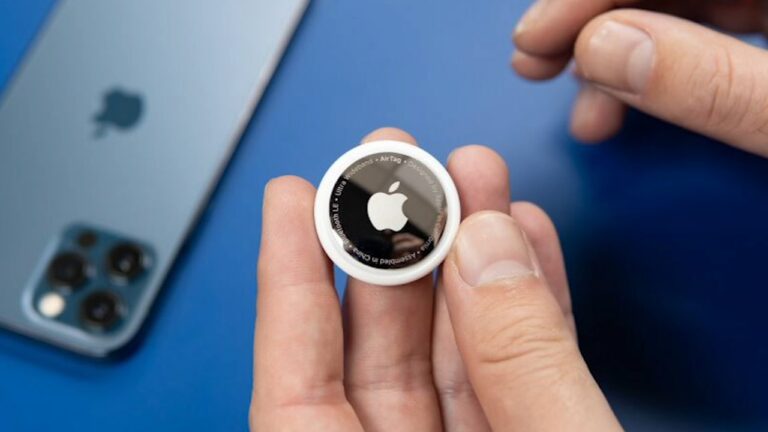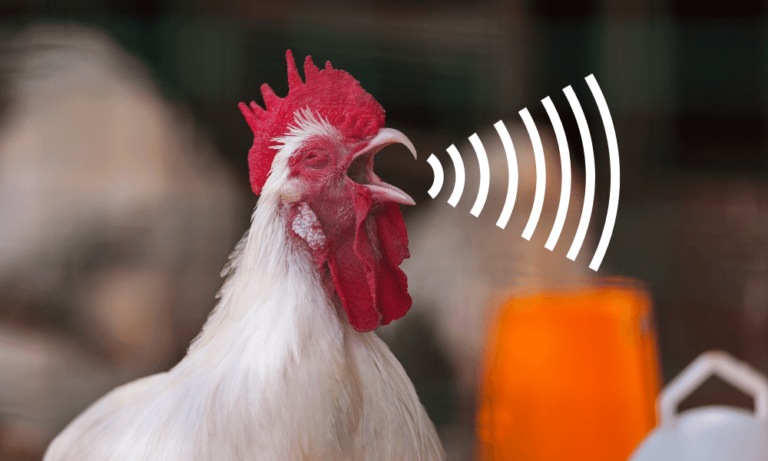A paper titled Cause of Cambrian Explosion – Terrestrial or Cosmic? puts forth a rather weird conclusion: that comets seeded life on Earth.
Published in 2018, it says: “life may have been seeded here on Earth by life-bearing comets as soon as conditions on Earth allowed it to flourish (about or just before 4.1 Billion years ago); and living organisms such as space-resistant and space-hardy bacteria, viruses, more complex eukaryotic cells, fertilised ova and seeds have been continuously delivered ever since to Earth so being one important driver of further terrestrial evolution which has resulted in considerable genetic diversity and which has led to the emergence of mankind.”
The paper's authors pay particular attention to cephalopods (squid, octopus, nautilus, and cuttlefish) because they can edit their RNA to adapt to their environment—a unique capability unseen in other organisms.
In short, they claim the genetic strangeness of octopuses is a sign of life coming from space.
Turning this into a story—what if a comet leads to humanoid octopuses? Think Davy Jones from Pirates of the Caribbean.
The comet hits the ocean because, odds are, any comet hits the ocean. It releases a virus that affects octopuses, which eventually leads to a change in their DNA.
They become human-like, and scientists around the world get to work. Linguists work on communication, like in Arrival, and biologists revisit their views about how humans evolved in the first place.
The main character in the story is the teenage son of a prominent scientist. They become friends with the octopus while it’s in a special holding tank, and he makes plans for a daring escape.
Once out, there isn’t any plan for keeping the octopus—they end up using a friend's aquarium store for consistent access to water. Together, they spend days running while the scientists search for them. Eventually, they make their way back to the sea.
The final battle takes place with a mad dash to the ocean. Before the octopus leaves, he wraps a tentacle around his friend and pricks his skin, passing the virus (the virus changed in the humanoid octopus). The octopus escapes and leaves the boy on the beach to face his father’s wrath.
Then, a whole army of other humanoid octopuses emerge from the water and stand behind the boy. They start dragging him into the water, and we discover that the virus also made it so he can breathe underwater.
And so begins the underwater kingdom of the octopuses. Other books could investigate infecting other humans with the virus to join the colony and creating an underwater society in general.


